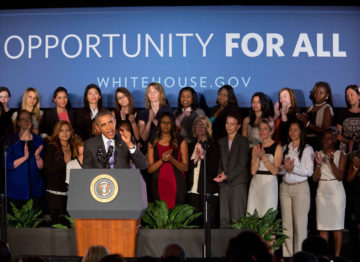 A Boston Review Forum, with a lead piece by Christine Sypnowich:
A Boston Review Forum, with a lead piece by Christine Sypnowich:
The last decade has delivered increasingly bleak portraits of vast inequalities in income, wealth, health, and other measures of well-being in many rich capitalist countries, from the United States to the United Kingdom. What should we do about them?
One common response is to argue that inequalities are only a problem to the extent that they reflect unequal opportunities. Economist Jared Bernstein—a longtime advisor to Joe Biden, now a member of the White House Council of Economic Advisers—expressed this view clearly in 2014 when he stated, “Opportunity and mobility are the right things to be talking about. . . . We always have inequality, and in America we’re not that upset about inequality of outcomes. But we are upset about inequality of opportunity.” Accordingly, in his first executive order as president, Biden proclaimed that “equal opportunity is the bedrock of American democracy.” For his part, British Labour leader Keir Starmer has stated his party’s aim should be to “pull down obstacles that limit opportunities and talent.” And Prime Minister Justin Trudeau has intoned that in Canada, where I live, “no matter who you are . . . you have every opportunity to live your life to its fullest potential.”
These statements are typical. In much of the West the tendency is to see equality as a matter of fairly distributed opportunities and to view an interest in outcomes as unreasonable, naïve, or even authoritarian. A similar focus on equality of opportunity is evident in the dominant strain of political philosophy in the Anglo-American world, liberal egalitarianism. In short, the prevailing political common sense tends to converge on the assumption that our egalitarian aspirations are realized once we have ensured equality of opportunity.
I think this view is seriously mistaken.
More here.
